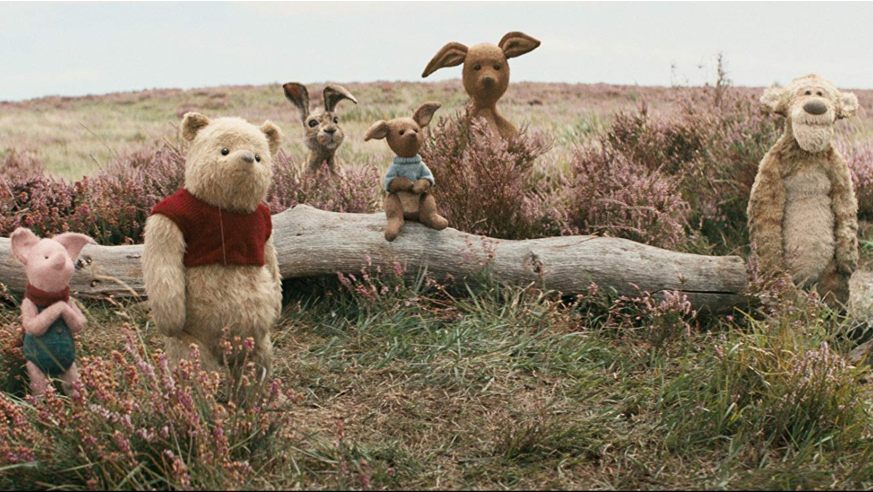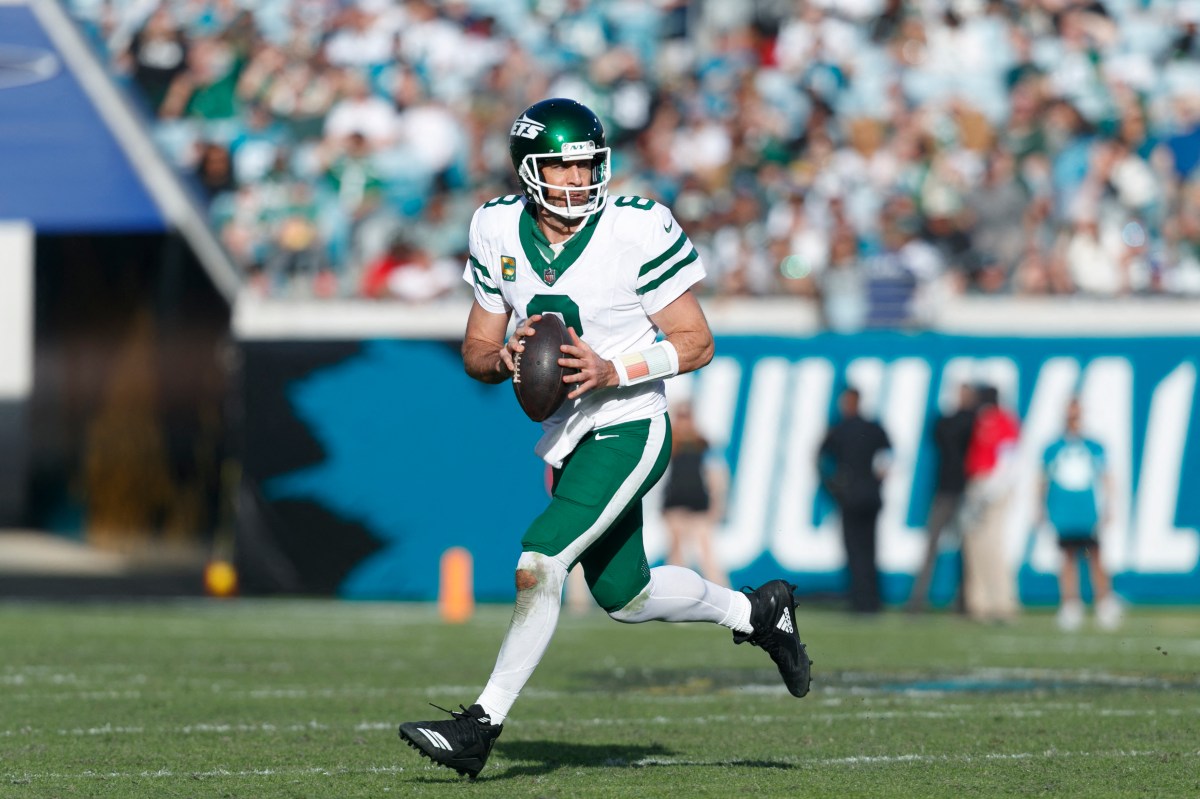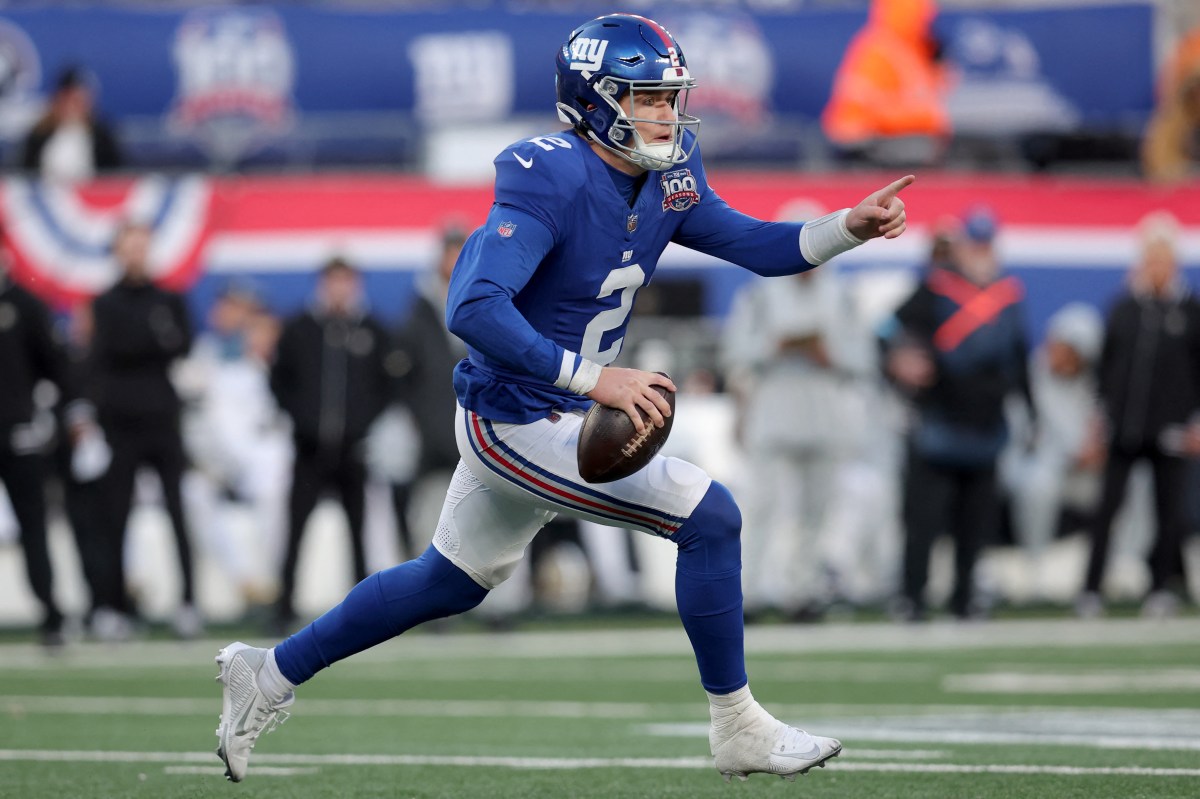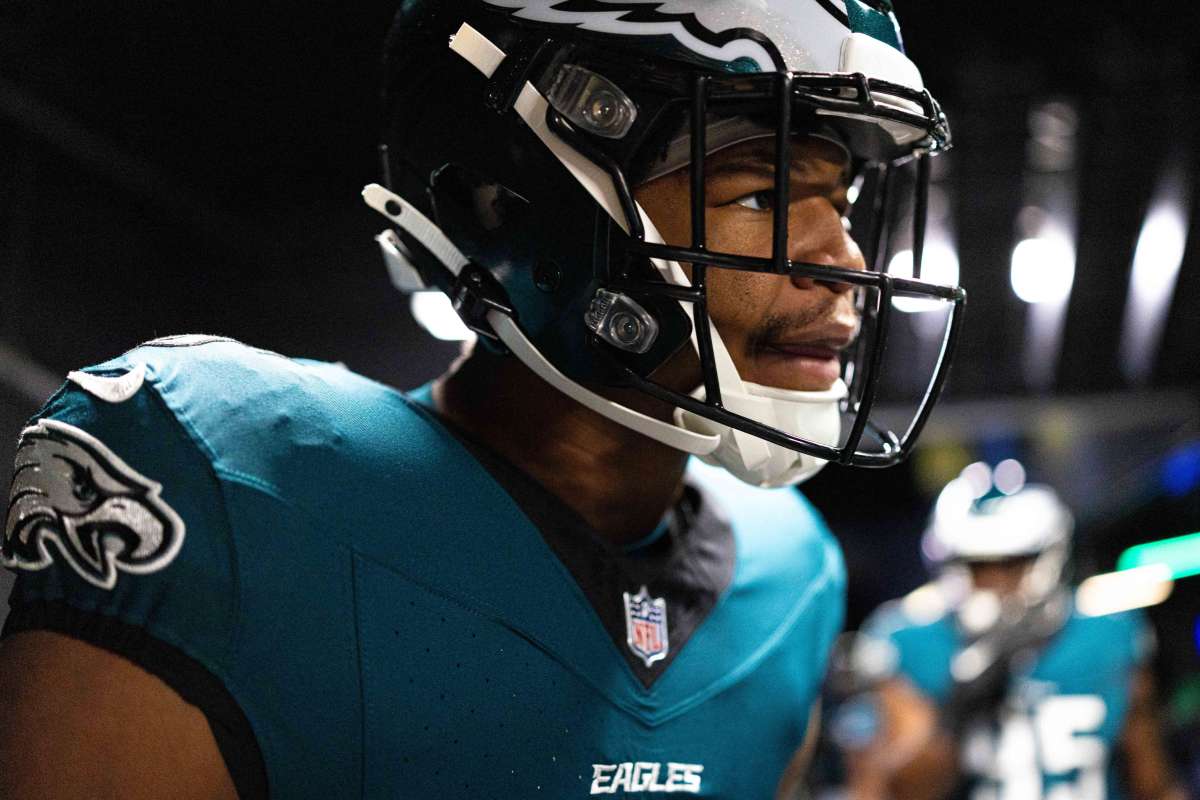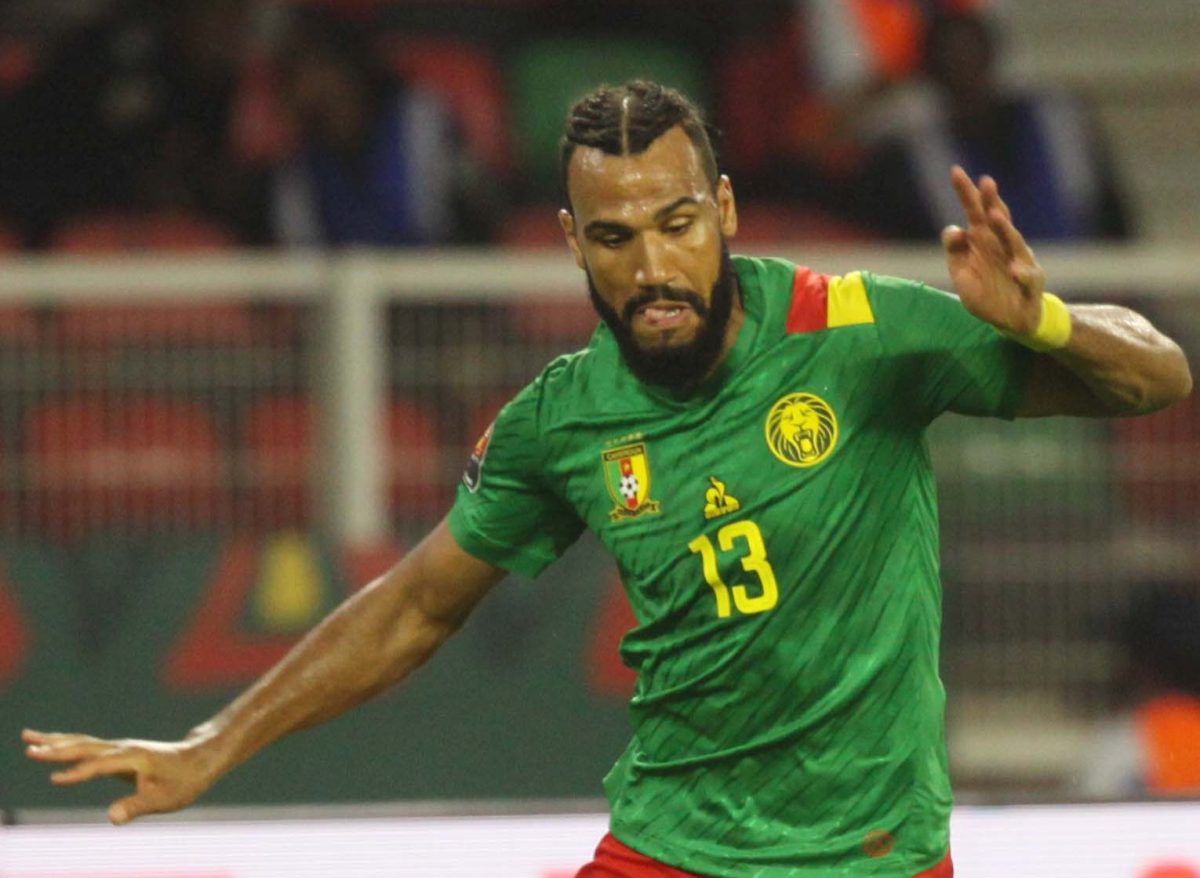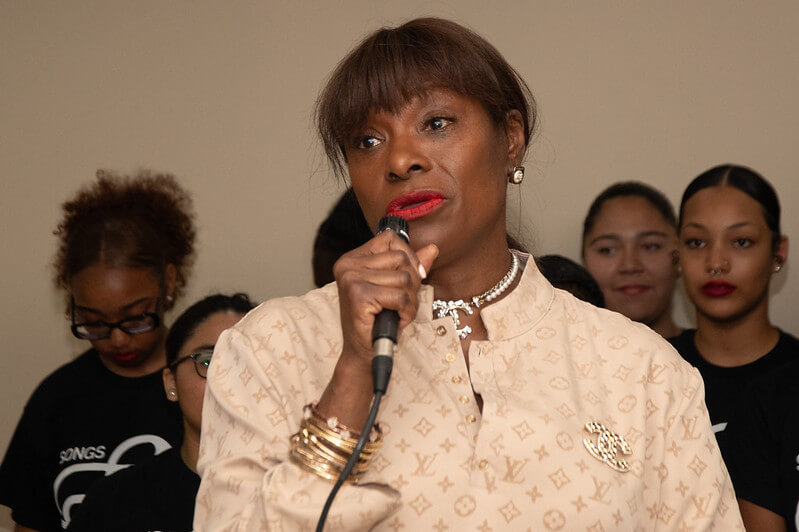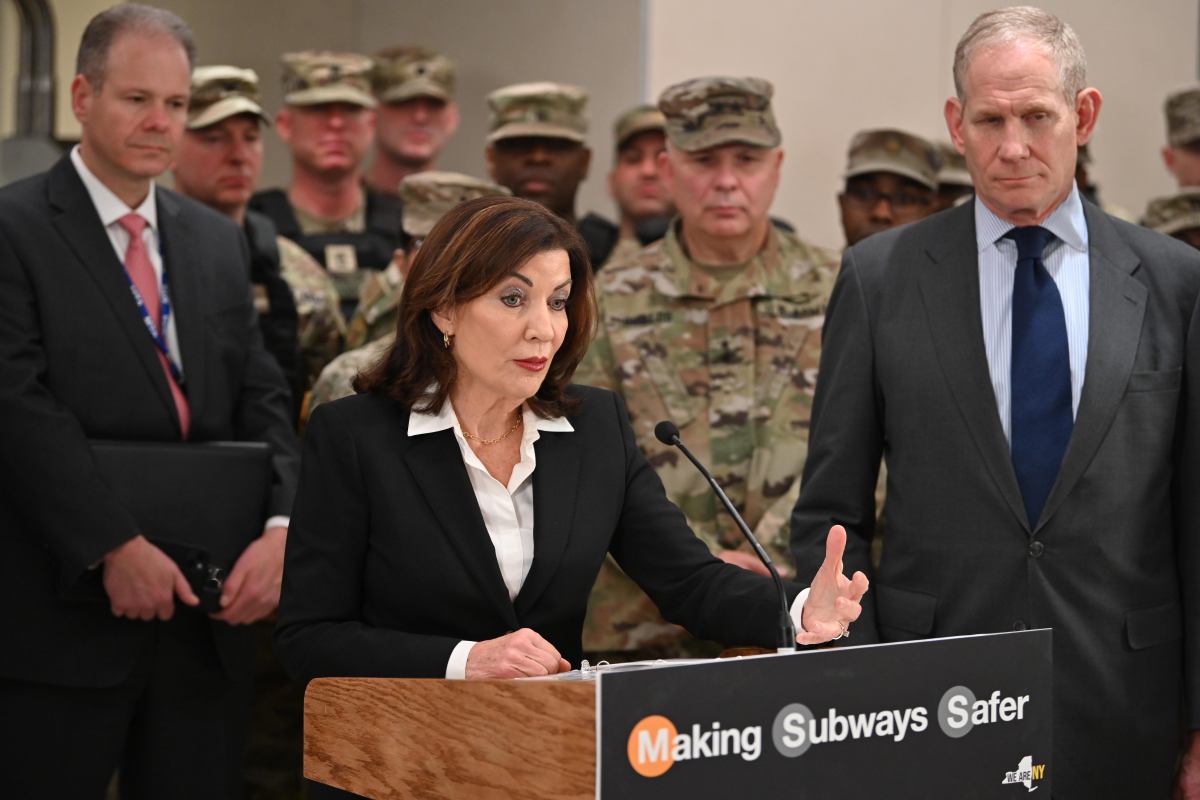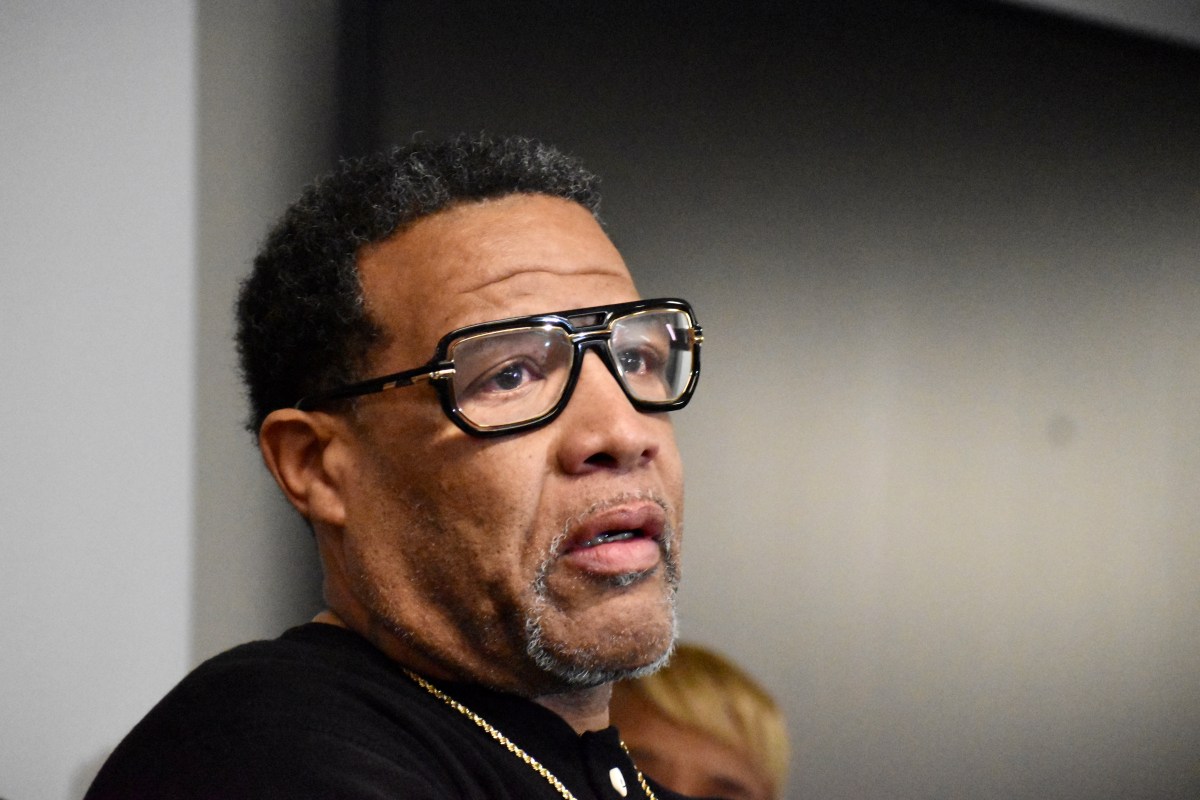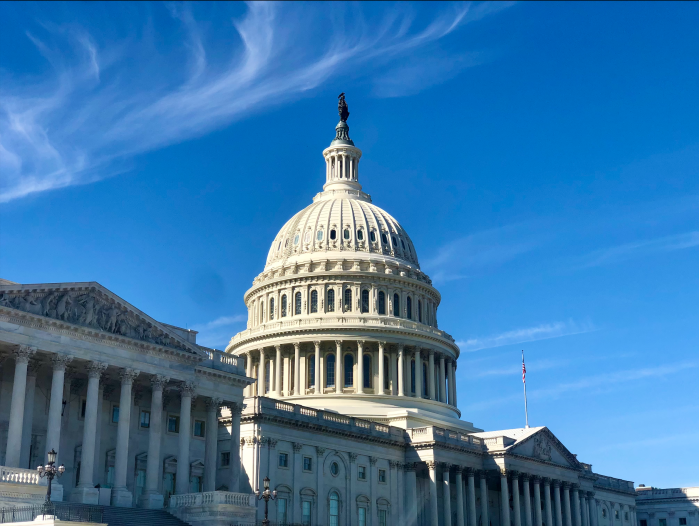Christopher Robin is Disney’s attempt to bring the beloved characters and stories of A.A. Milne and E.H Shepard’s book Winnie-the-Pooh to a brand new audience.
To do that they have recruited the vocal talents of Jim Cummings to once again voice Winnie The Pooh and Tigger, a role he has been performing over the last 30 years.
But there was plenty of new blood brought in to oversee this brand new story of Pooh, Piglet, Tigger, Eeyore, Owl, Rabbit, Kanga, Roo, and an elderly Christopher Robin, played by Ewan McGregor, who has become subdued and disgruntled with adult life.
The most surprising addition to “Christopher Robin” came in the shape of screenwriter Alex Ross Perry, who before scribing the Disney behemoth had primarily worked his movie magic as the writer and director of small indie films “The Color Wheel,” “Listen Up Philip” and “Queen Of Earth.”
Perry recently admitted to me that no-one was more surprised about his involvement in “Christopher Robin” than himself, while he also talked me through every nook and cranny of working on such a huge Disney production, and how he came to love the process.
How did you get involved in “Christopher Robin”?
It is kind of a complicated beginning to the whole process. Because in no industry or reality does somebody in my position walk into Disney and say I have a take on one of your most valuable and beloved properties. Especially because I was just coming off “Listen Up Phillip,” which had just come out at Sundance, and that was all I really had. It was more that there is a producer at the studio, which in this case was Brigham Taylor, who has this vision of a movie that he is trying to create in a way that at an independent level a director would have a vision. I had been working with my agent for about 6 months after Sundance to try to pursue the rights to Teddy Ruxbin, which I wanted to try and pitch as a stop-motion movie. Like a Fantastic Mr Fox kind of movie but in the world of Teddy Ruxbin. But it didn’t happen. But because my agent was also representing David Lowery, who also worked on “Pete’s Dragon,” he said there is this channel into these Disney conversations right now. There is a producer there who is looking for takes on Winnie The Pooh that is in the ball-park of what we are trying to do, do you want me to try and get to talk to him. Teddy Ruxbin wasn’t going anywhere, so I was like, ‘Right, let’s drop that.’ Because Pooh was a thing that I never would have dreamed could have happened, while Ruxbin I thought might could have happened. I was like, ‘Put me on the phone with Brigham, and I will convince whoever I am talking to that I am the person to write this movie.’ So Brigham had the kernel of this idea, and he explains it in 5 minutes. He was like, ‘Can you come up with a take on that?’ And I was like, ‘Absolutely. I am hearing about adult alienation, getting to a point in your adult life where you feel like you have grown away from things that you feel you are supposed to be very close to, looking at your life in the city to a life in the country and thinking you would be happier. This is all in my wheelhouse.’ I have made several movies dealing with these themes. I love these characters. I am going to come up with a take that makes this worse.’ Then 5 months later, after the usual arduous process, I had the job.
Did just being considered for “Christopher Robin” feel like a win-win situation?
To a certain extent. From that initial phone call, which was in November, 2014, up to official getting hired in March, 2015, I just had this idea that this seemed so bizarre and impossible that I was actually staying in the game. And presumably beating other takes that weren’t clicking as much as mine was destined to do, it seemed. It just seemed so obvious to me that I could write this movie and do it really well. I was never really second guessing it. I got the job, which felt really satisfying. Then contracts take a little bit. So a couple of weeks later I had re-read all of the books and I had to start writing. And those first days of writing dialogue in the voices of the characters, I just said, ‘Oh my God. Now it is hitting me. Now I actually have to do this as well as I have been telling all of these producers and executives that this movie needs to be done in order to honor these characters.’ It took me a while to process. ‘If this works then Winnie The Pooh and friends get introduced to a whole new generation. And if it doesn’t then the script goes the way of 90% of studios scripts and ends up in a draw somewhere. But I think I can find that voice.’ So it was really weird for a couple of weeks, and I had to find my footing. But then, you know, I found my way in because I understood the adult drama of it. And I based Christopher and Pooh very, very closely me and my cat. Eventually it just became less frightening and just a job.
What was the biggest adjustment you had to make writing “Christopher Robin”?
There’s two sides to that. One is that the process of doing this was so rewardingly education, simply because the beats you are hitting are pre-ordained. You are using a template of successfully streamlined studio family entertainment. So the beats are, you have a little prologue. You introduce things. By page 10 you have introduced this. By page 20 Christopher and Pooh have met. By page 40 they are off on their journey. The structure of all Disney movies, from Snow White onwards, there’s not a huge amount of variation on ones that are made at that level. The biggest adjustment was basically me learning a second language. I knew how to write, and had written my own movies. But I hadn’t learned how to write in that language. I also had to become fluent in Pooh. I had to be fluent in the thoughts and the logic and the dialogue and the pacing of those 8 characters that exist in the public consciousness and in the historical imagination of billions of people. It was as if you speak Spanish but then quickly had to learn Catalan. I already kind of knew how to do it, and could get by as a traveler in this movie. But I had to become fluent in a different kind of writing very quickly.
It sounds like it was a hugely rewarding experience, rather than constraining.
It was very satisfying after a couple of months of getting to the point where I was very fluent in Pooh. Because the first approach in those first couple of frightening weeks was, you know, this is a movie with nine characters that I didn’t create. One of which, I did create adult Christopher. But I did not create the idea of “Christopher Robin.” I just had to get to a point after a couple of weeks where I had to feel like I had created them. Otherwise I couldn’t take ownership of them. I couldn’t feel like I was borrowing them and I had to return them in the same condition I found them. I had to get to a point where I believed that Pooh and Piglet and Tigger and Eeyore, that I wasn’t just writing fan-fiction, but I was writing something that was organic and innate for myself. That did a little bit of time. But once I got there it was satisfying and remained so.
What was the process after you had written the first draft then? And you received notes from producers, was that something you had experienced before?
I don’t know how nuts and bolts you want this to be. But, you don’t really hear people talk about this in terms of studio filmmaking, unless you are talking about a producer that is overseeing a franchise and is clearly trying to make all of the movies seem like a part of the whole. But the vision and involvement of producers at this level is authorial. Truly. And my job is to give myself over to that. And it is executives, too. People don’t really talk about this. I already mentioned Brigham. Our producer. And then our two executives that started the process, who I pitched on, you know, Brigham probably put me in front of them and asked, ’Should I keep developing with this guy? I think he is onto something.’ Kristin Burr, who left her position as an executive and is now one of the executives, she immediately became much more involved in the day-to-day. Then Jessica Virtue, who is a great executive at Disney, and is responsible for so many films. Including “Pete’s Dragon” and “Mary Poppins” is hers. The process is just giving myself over to them and acknowledging from day one that the absolute worst thing I can do in the world is think that I know anything more than these people. Because I don’t. Because at this point I have made four of my own, incredibly small and idiosyncratic movies. To even think for a minute, that anything these people are telling me in terms of notes isn’t implicitly a lesson for me to think about. And if I thought, ‘Well, that’s not really the movie we are trying to make.’ When they said something my response was, ‘Oh, that’s the movie we are trying to make. Right, that is how movies like this gross a billion dollars. That is how this works. I had never thought about that. About how this one note distills the essence of family filmmaking.’ I just gave myself to it and put all my faith in them. And rightly so, they are three incredibly insightful people. At that time I had incredibly limited experience with professional notes or anything like that. But at that same time I had been developing a pilot with a producer and an executive. And I found their notes to, A) Be completely at odds with one another. B) In unfathomable opposition to the idea I had pitched to them and was trying to make, which was a personal creation of my own. Every time I got notes from them I would roll my ideas and think, ‘Does it really matter if we change this one line? This is nonsense. I don’t like this process and I don’t like taking notes from these people.’ Coming from Brigham and Kristin and Jess I was like, ‘Oh, that’s right. If you change that one line you can change a throwaway line into a sub-plot. That is genius. Because if we change one line on page 30 and one line on page 60 and one line on page 90, we have got an A, B and C three part sub-plot that sets up, enriches and pays off. That is why C and D characters in movies like this are so exciting, because you can find that line. It really was me taking this negative pilot process, which was just completely un-fun and then coming right it this and everything these people said was a crash course. So everyday I said, ‘I know nothing. These people know everything. And they are putting all of their faith in me to know how to write these characters. And that is what I know what to do.’ And that was like year one, and from there the whole thing was so just gaining steam, and it was so obvious that all four of us were on the same page and talking about the exact same movie. Even working with Alison Schroeder on the re-write. She was an absolutely incredible collaborator and someone I have got to know, and much like these executives and producers, I was like, ‘Oh this person knows a lot more than me.’ A lot of times in movies like this peoples names are up next to folks you never worked with and had nothing to do with the movie. There is a world where people like writers Alison and myself can actually end up working on a movie together after kind of playing tag team separately. And that harmony is apparently incredibly uncommon in the studio system. But it just goes to show that these things take forever. I am talking about this first phone call from November, 2014, and then I was on the phone with Alison like 3 hours a day in February, 2018.
It is really great to hear you speaking about the studio process in this positive way, because there are so many horror stories about working in this system.
In the last 3 and a half years of having a studio job, people ranging from David Lowery, who was developing “Pete’s Dragon” at the time I was hired and is now developing “Peter Pan” with Disney, and he obviously had a great experience with them and wants to carry on working with them. Then I talk to people who have had various experiences. You say horror stories, but I only know one other person who has worked for Disney in the same capacity, and that was David, and like me, he was working with the same people and wants to continue to do so. Over the three years I have said, ‘I love my producers. I consider them friends and mentors. I love my executives, there notes are so spot on and I learn from them everyday.’ Everybody says, ‘That’s very uncommon. You’ll never have that again. It is crazy that that is your first experience because now you’re spoiled and you are never going to feel like a welcome collaborator again. From here on out you are just going to feel like a cog in the machine.’ But I am like, ‘I don’t really know.’ But from the very beginning you just have to let the entire thing be bigger than you or any one person. Especially when you are talking about this kind of material that is just this kind of prolific and important. And the end of it all, it was just me and Brigham sitting down in the winter of 2014. And it was me and Brigham pounding our heads against the wall in the summer of 2015. Just trying to crack some of these things. This went from being a 3 or 4 person operation, with me and the executives, to a thousand person operation. To say I am so much more important than any part of the process is just so antithetical to how a movie this big gets made. Just remembering that, at some point, this movie was just me, a producer, and two executives. And now, three and a half years later, when there is a cut and special effects being done, it is just me and those same three people, plus Alison, director Marc Forster is in the room, his producing partner Renee, the film’s editor. And we are all just in there trying to figure it out. So it goes from 3 people to a thousand to 8, and that is just the breathing shape and organism of a movie like this. I am not more important than the entirety of this movie. My name is not more important than the entirety of this movie. Pooh is more important. We are all here to work for him. And if we can make him work then everyone of them did a good job. And if not, then it is all my fault because I started it.
“Christopher Robin” is released into cinemas on Friday August 3.

